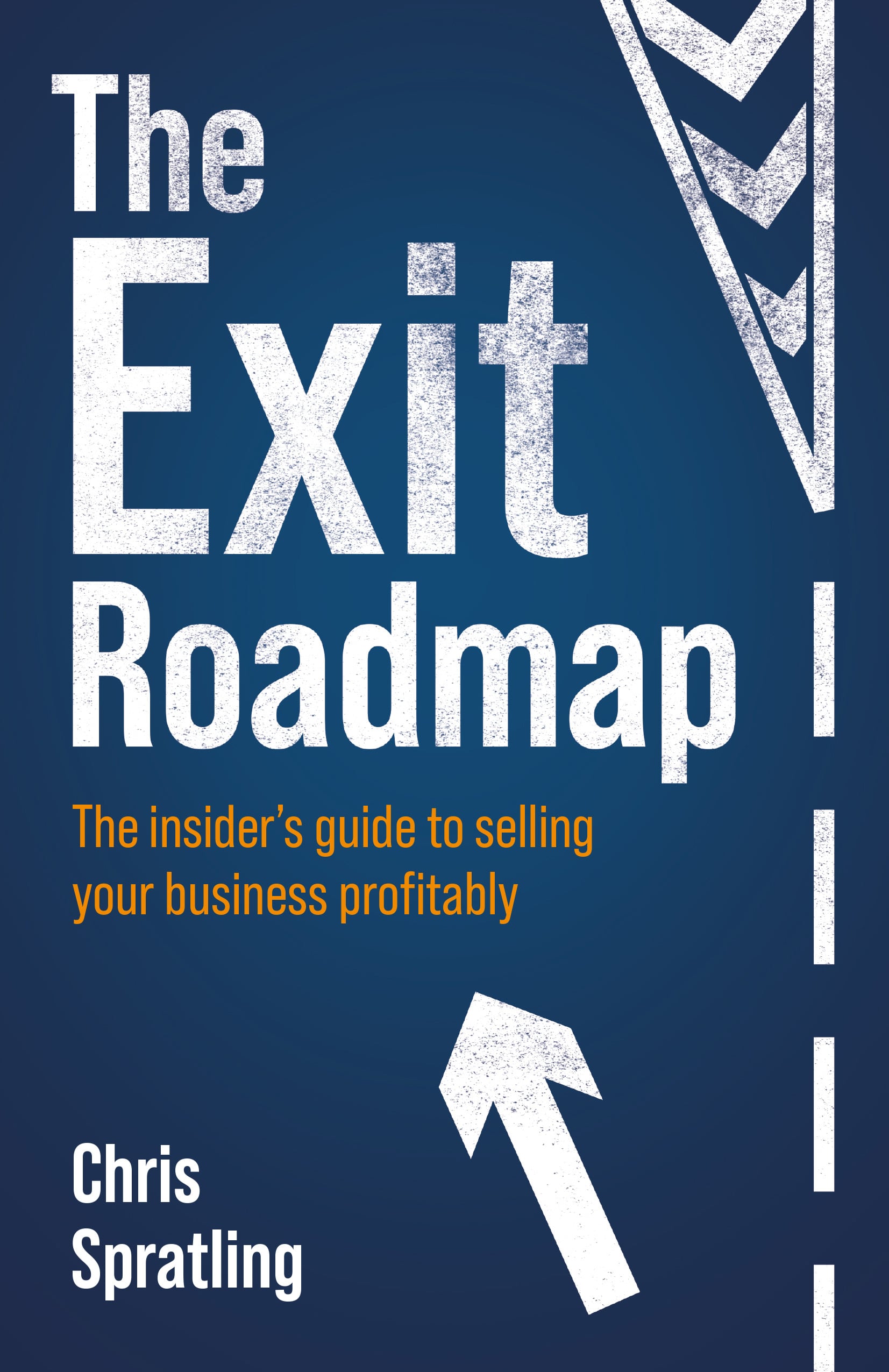Close your eyes for a moment and allow yourself the indulgence of picturing your dream future a few months after you have sold your business. What are you doing, and how much money do you have to enjoy it with? Are you still involved with your business or are you out of it entirely? Do you care about who’s running it now, and if so, do you like the way they’re going about it? Thinking about these things will move you closer to deciding what kind of deal you want – in other words, what a successful sale looks like for you.
I’ve come to the conclusion that successful deals are a blend of:
The price you achieve
The structure and timing of the offer
The buyer’s plans for your business and whether they sit comfortably with you
#mc_embed_signup{background:#fff; false;clear:left; font:14px Helvetica,Arial,sans-serif; width: 600px;}
/* Add your own Mailchimp form style overrides in your site stylesheet or in this style block.
We recommend moving this block and the preceding CSS link to the HEAD of your HTML file. */
Sign Up for The Start Newsletter
(function($) {window.fnames = new Array(); window.ftypes = new Array();fnames[0]=’EMAIL’;ftypes[0]=’email’;fnames[1]=’FNAME’;ftypes[1]=’text’;fnames[2]=’LNAME’;ftypes[2]=’text’;fnames[3]=’ADDRESS’;ftypes[3]=’address’;fnames[4]=’PHONE’;ftypes[4]=’phone’;fnames[5]=’MMERGE5′;ftypes[5]=’text’;}(jQuery));var $mcj = jQuery.noConflict(true);
To help you see what I mean, let’s look at an example scenario with two alternative options. Let’s say you put your business up for sale and the total offer you’re given is $5 million. This is structured into an immediate payment of $2.5 million, with the rest split into three equal payments over the following three years.
In Option One, these payments are dependent on the future performance of the business. If it doesn’t hit the agreed targets, the installments you’re paid are reduced accordingly. Alternatively, if the business exceeds the targets, it may well yield a higher overall price for the business. How would you feel about that? Is it what you want?
In Option Two, you receive the offer above, but instead of having to hit performance-related targets, you’re paid instalments regardless of performance. While this sounds more reliable, it has its pros and cons. If you miss your targets, you’ll have the benefit of receiving the payments regardless, but if you over- shoot them, you may well end up foregoing a higher overall payout.
That’s why the deal you strike needs to be dependent on both your market growth and on how confident you are in your business’s ability to become more profitable in the future. To complicate matters, you might also feel strongly about what kind of buyer you want to take over your business, especially if you have employees whom you want to see well looked after. If this is important to you, it can make a difference to how you approach the sale.
Personal preparation
One of the biggest mistakes I see owners make is leaving exit planning too late. It really is important that you take the time to ready your business to be put on the market. The more time you give yourself, the more leverage you retain.
However, I don’t just suggest that you only plan for your business – make it about you as well. It’s easy to be so focused on the sale that you forget to think about what you’re going to do afterwards. You might assume you can work that out when the time comes, and maybe you will, but it never does any harm to prepare for life after the sale. Dare to dream.
Think about the impact your newfound wealth will have on you and your family. While you might assume this will be positive, it isn’t always the case. Ahmed was a business owner I worked with who sold 60% of his business to his management team six years ago. His vision had always been to buy a new house, and he had an exact picture in his mind of what it would look like and where it would be. Sure enough, as soon as he sold his share of the company, he moved out of the small, terraced place he’d been living in for twenty years and into a $1.5 million new-build on a large plot of land. You’d think that would be a happy ending, but five years down the line, there’s still ongoing tension between him and his wife because she continues to find the transition to their newfound wealth difficult.
Another thing to think about is what you’ll do with acres of free time. While your other half may have been begging you to sell so they can spend more time with you, now you’re at home more, you might both find the space a bit crowded. Planning how you’re going to live a more comfortable lifestyle will help to reduce tensions and minimize regrets after the event.
When you know why you want to sell, have a realistic idea of what your business is worth, have envisioned what kind of sale you want it to be, and how you’re going to live after the sale, you will have maximized your chances of success. Ultimately, you will understand what success means for you, and the planning you’ve done will give you the best opportunity to make it a positive and fulfilling experience.
This is an adapted book extract from The Exit Roadmap by Chris Spratling.
Verizon Small Business Digital Ready
Find free courses, mentorship, networking and grants created just for small businesses.

The post The Recipe for a Successful Sale Goes Beyond Price appeared first on StartupNation.



